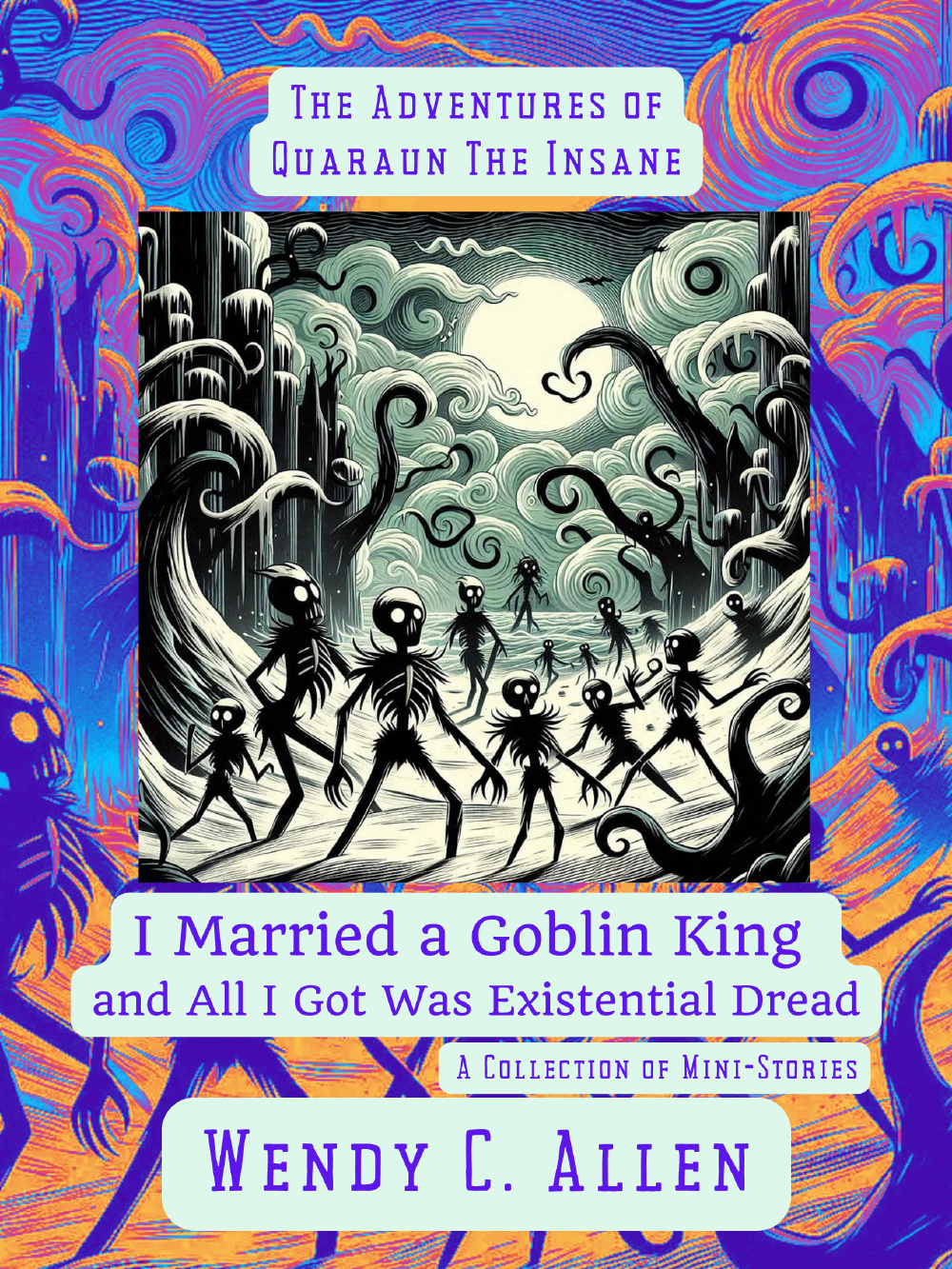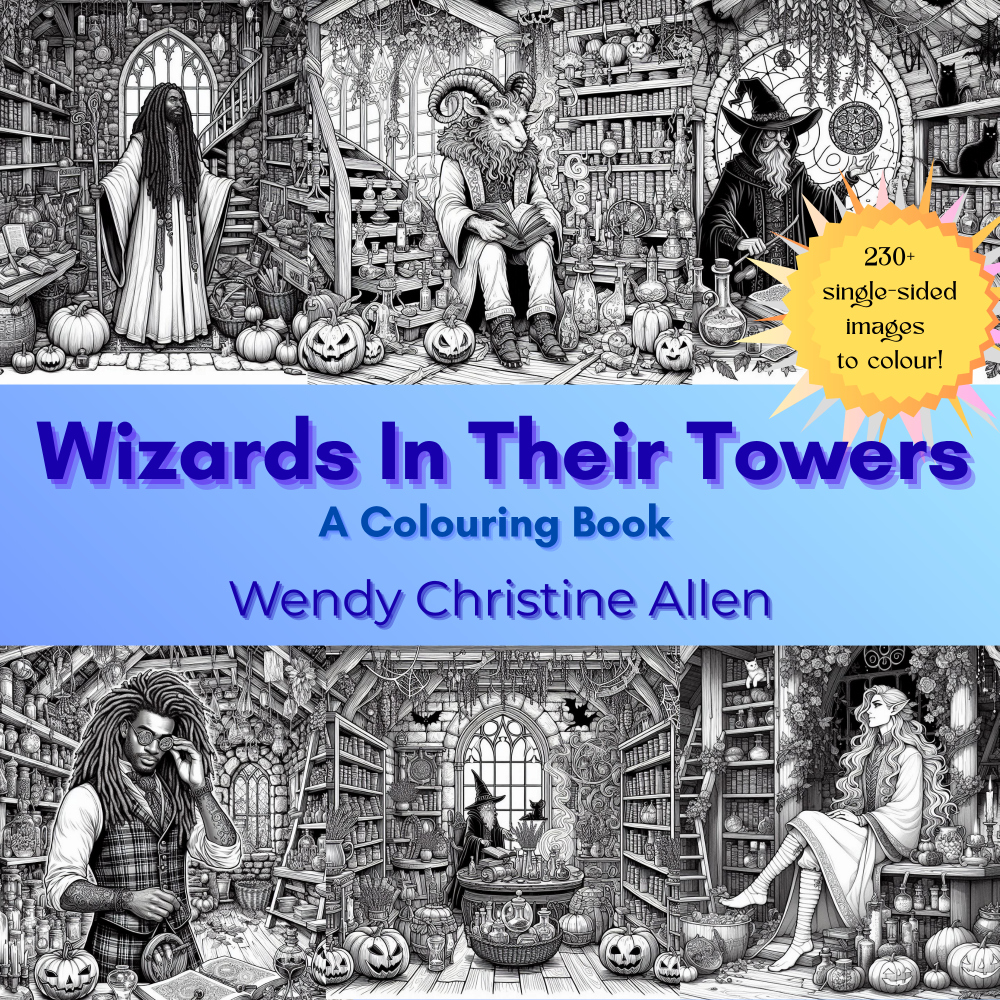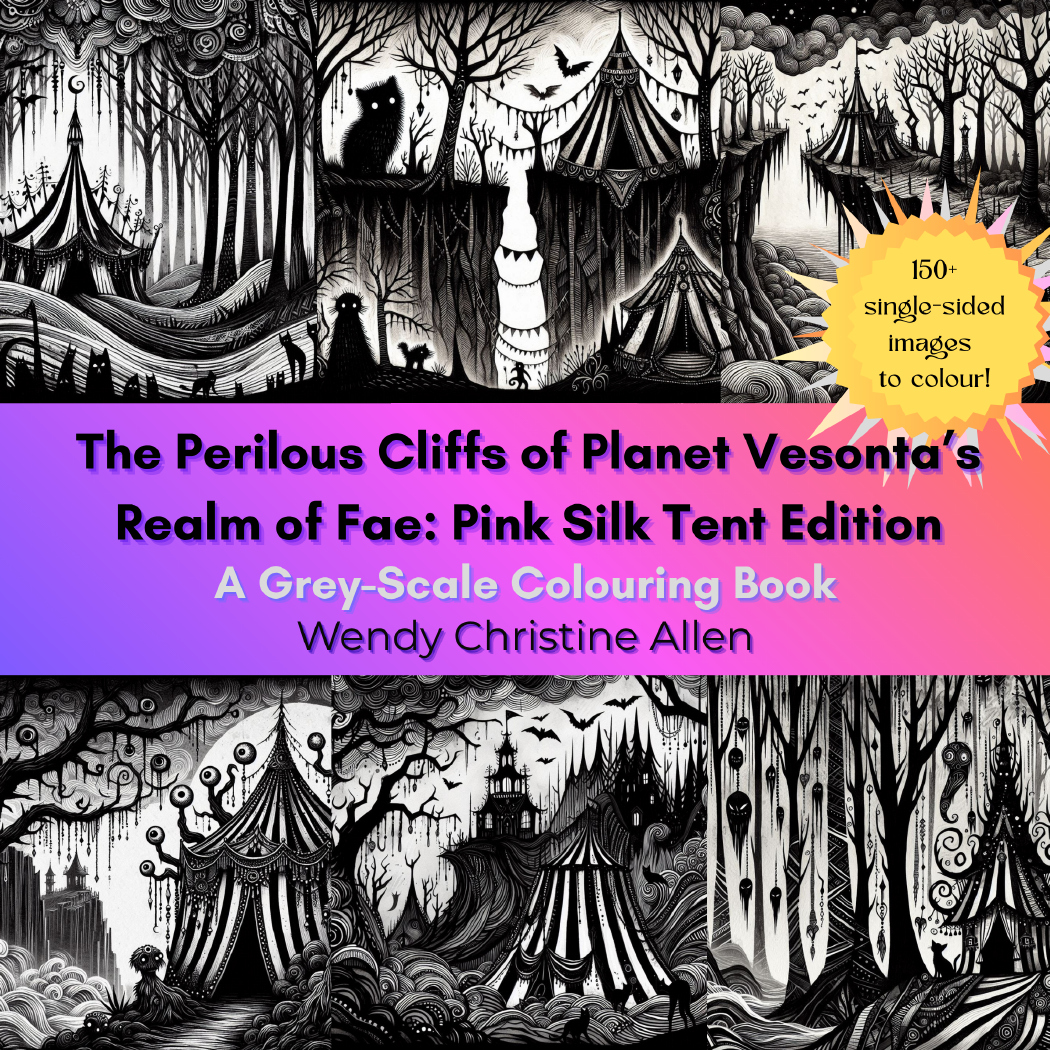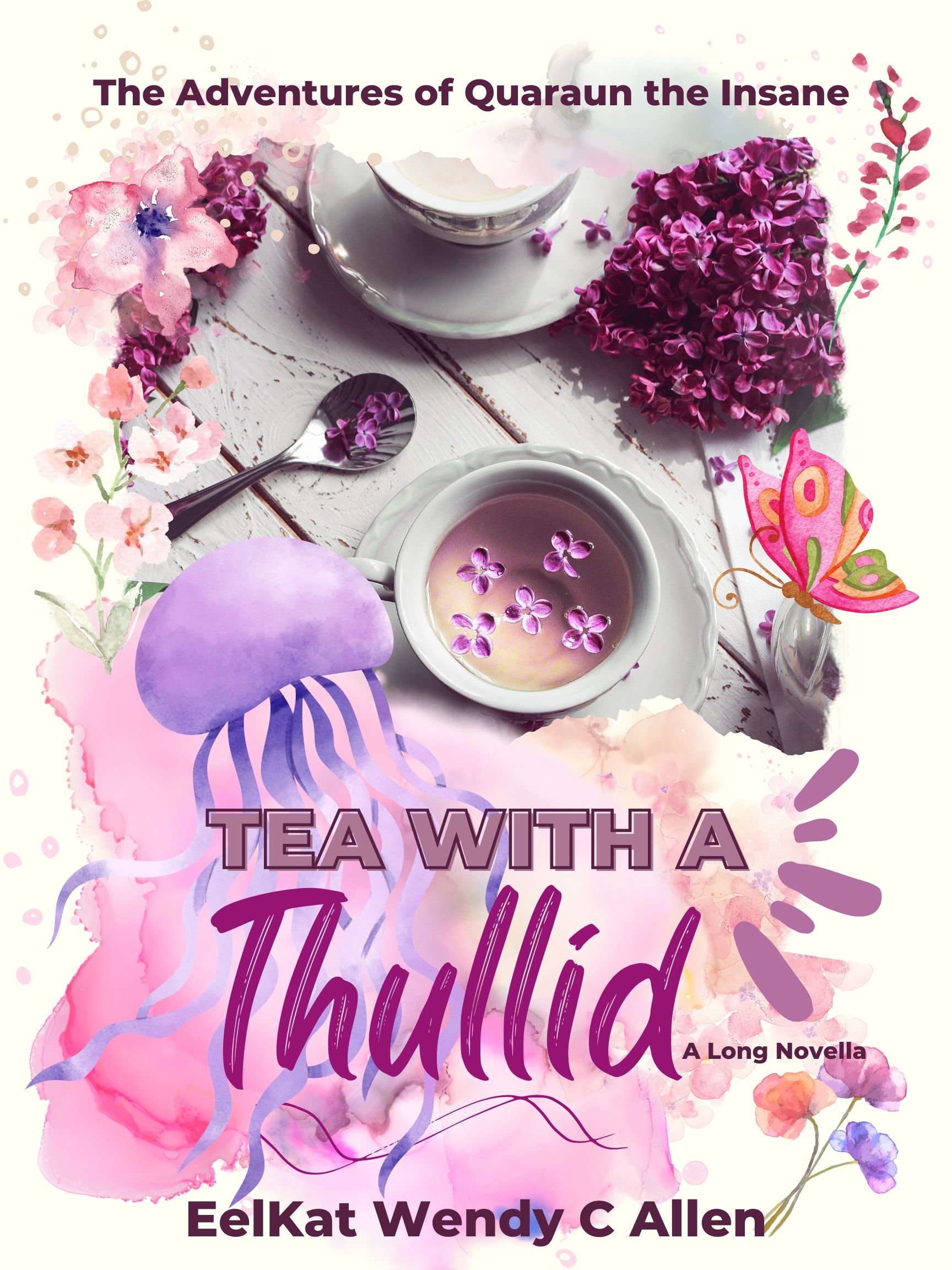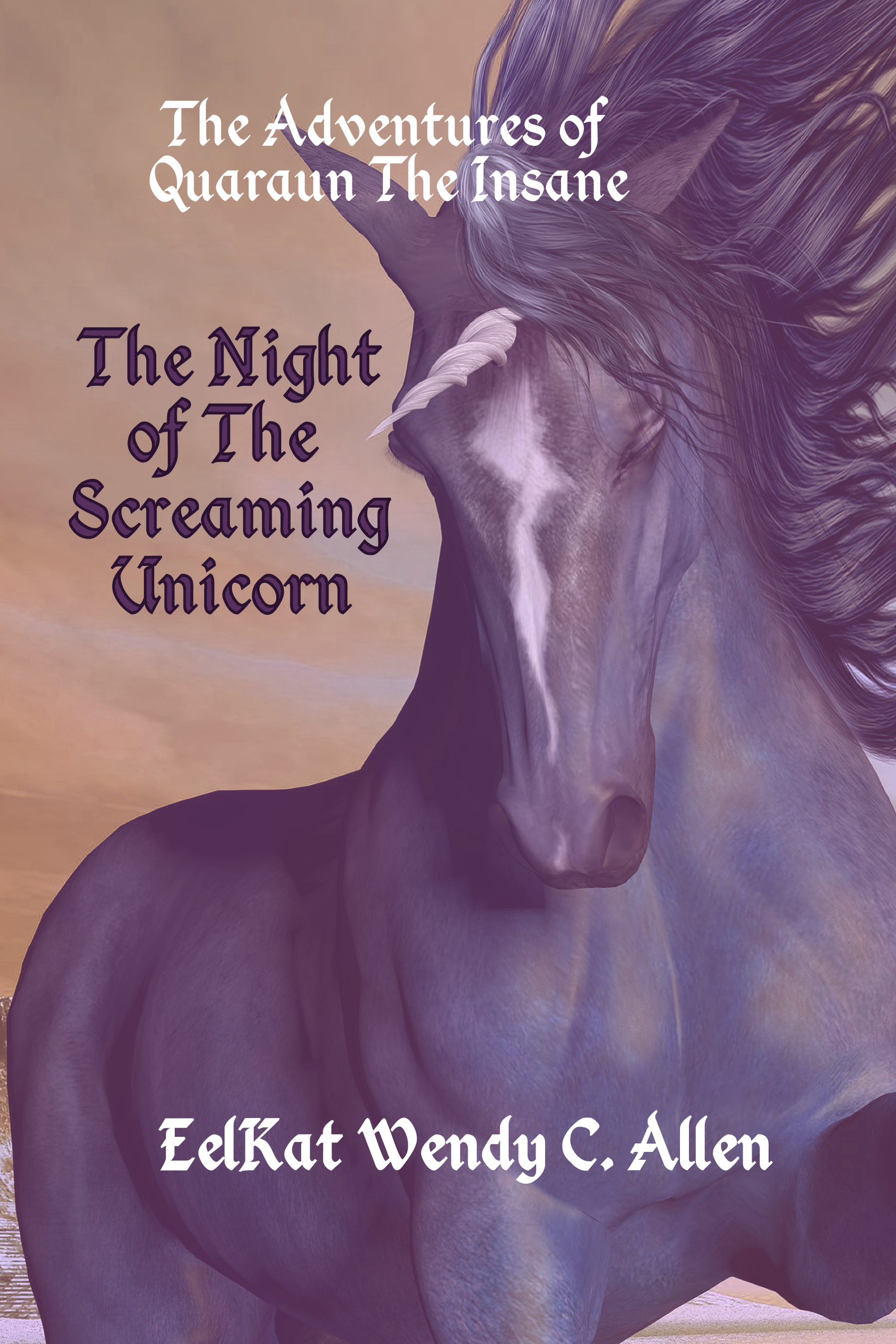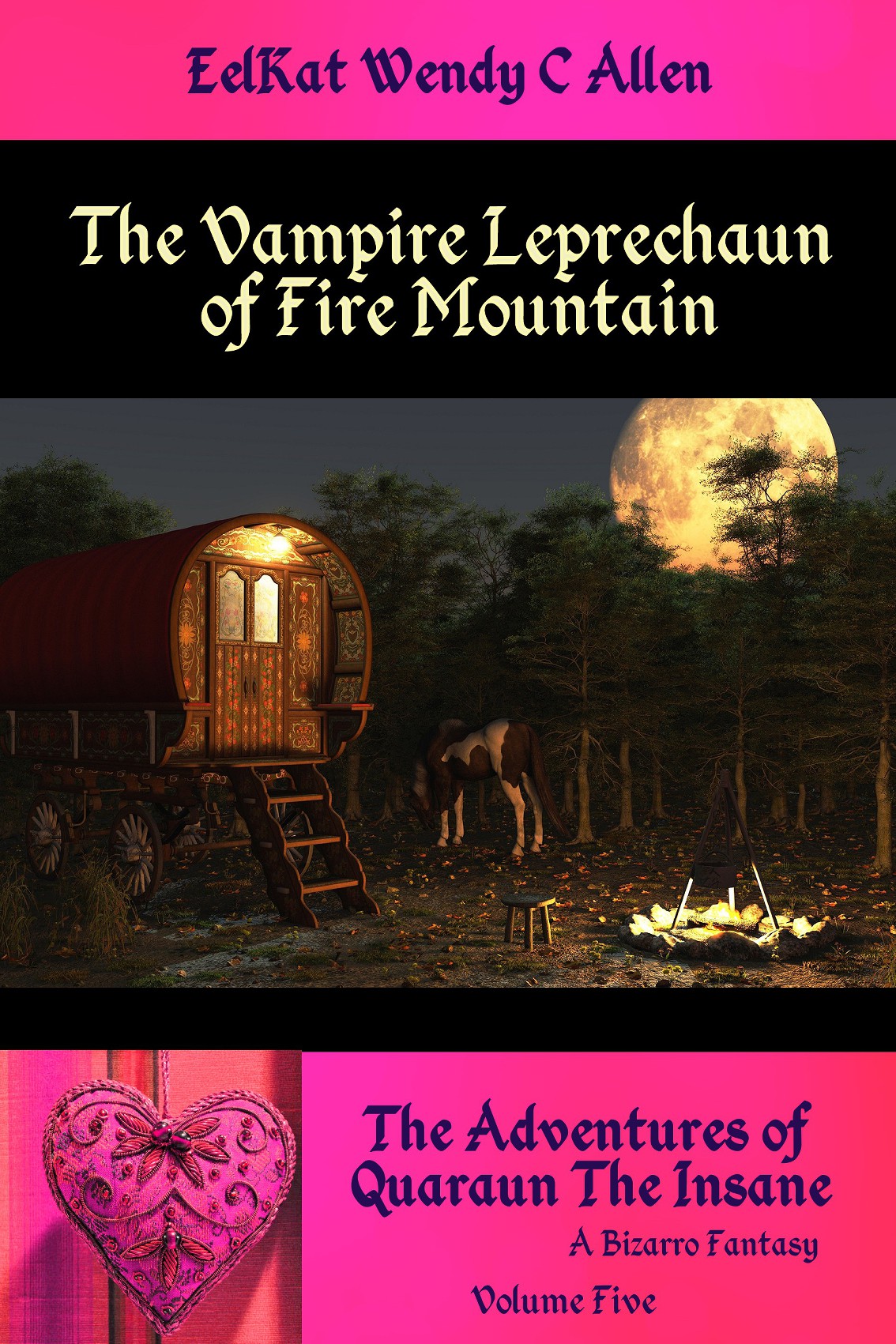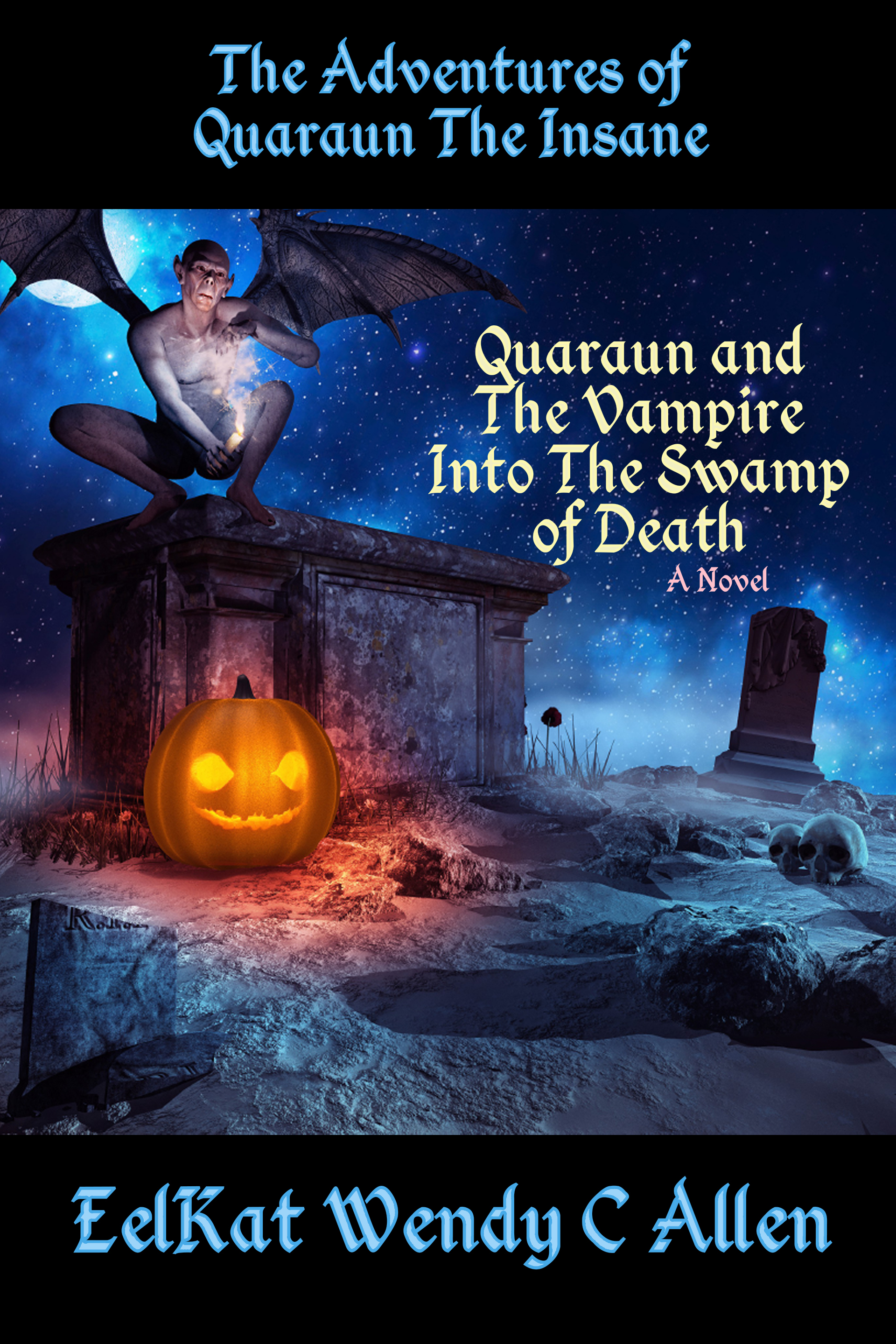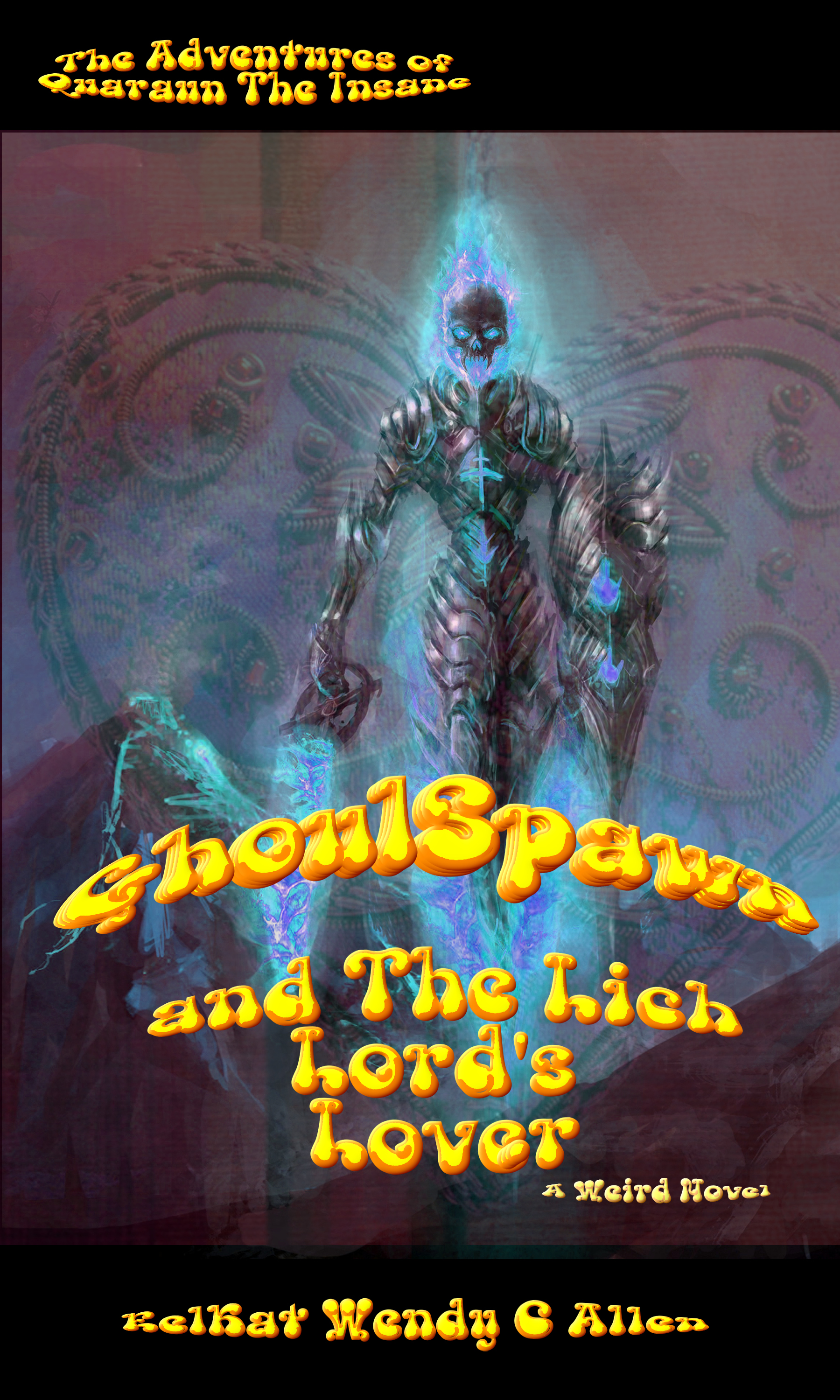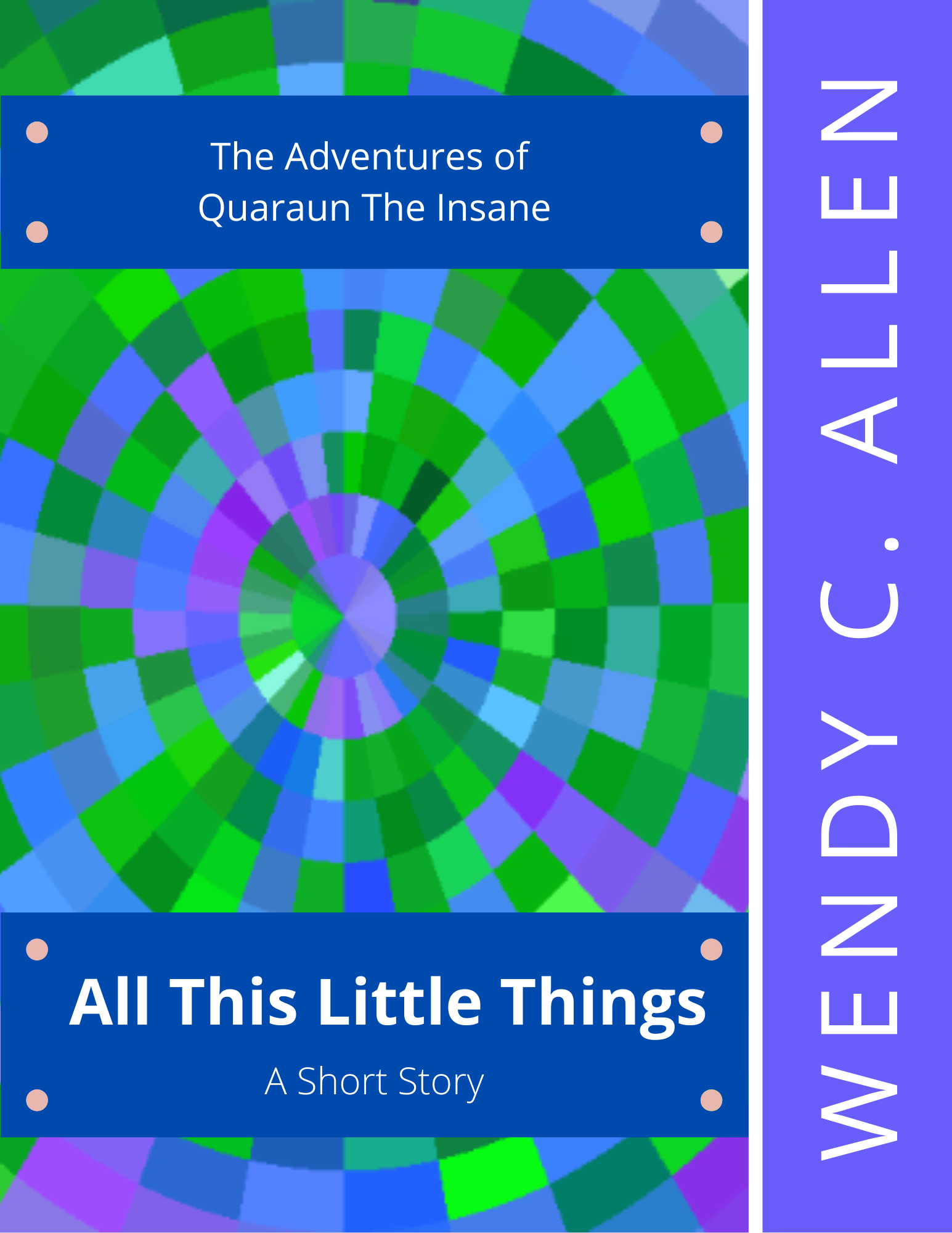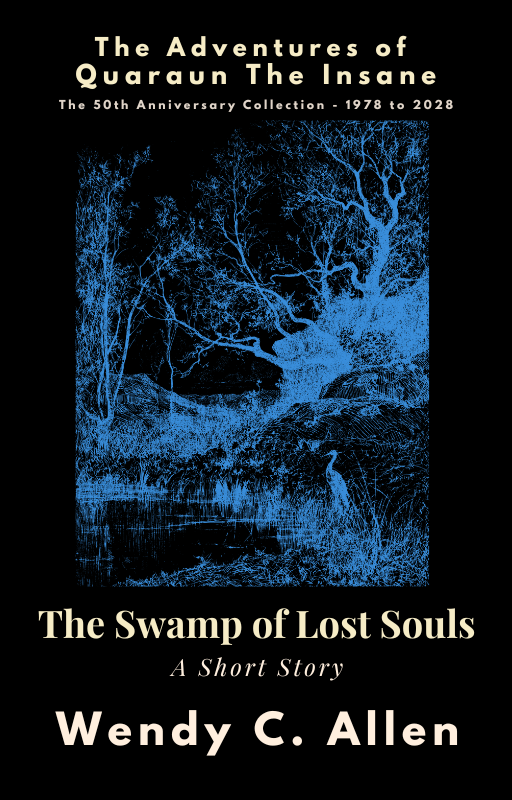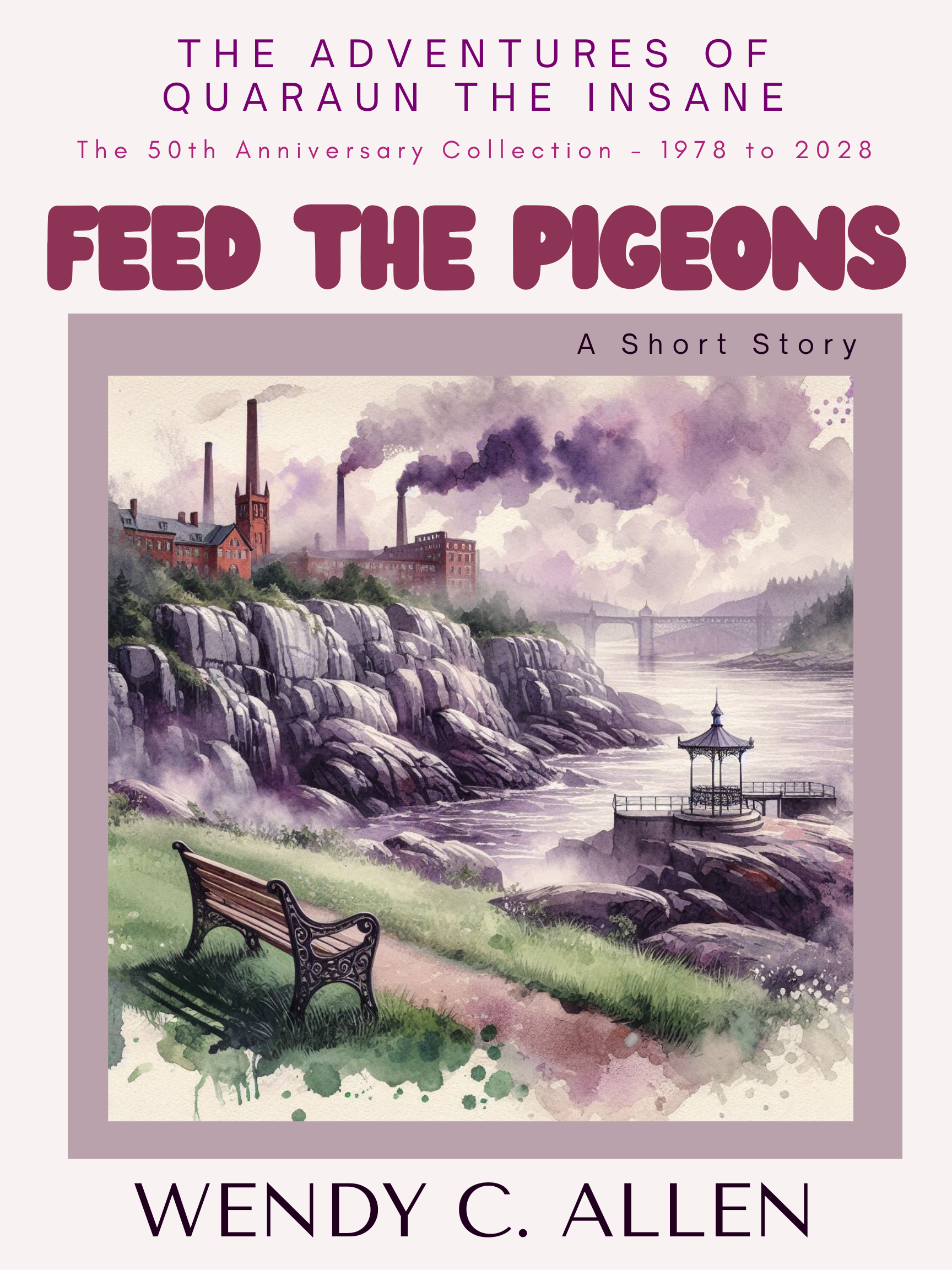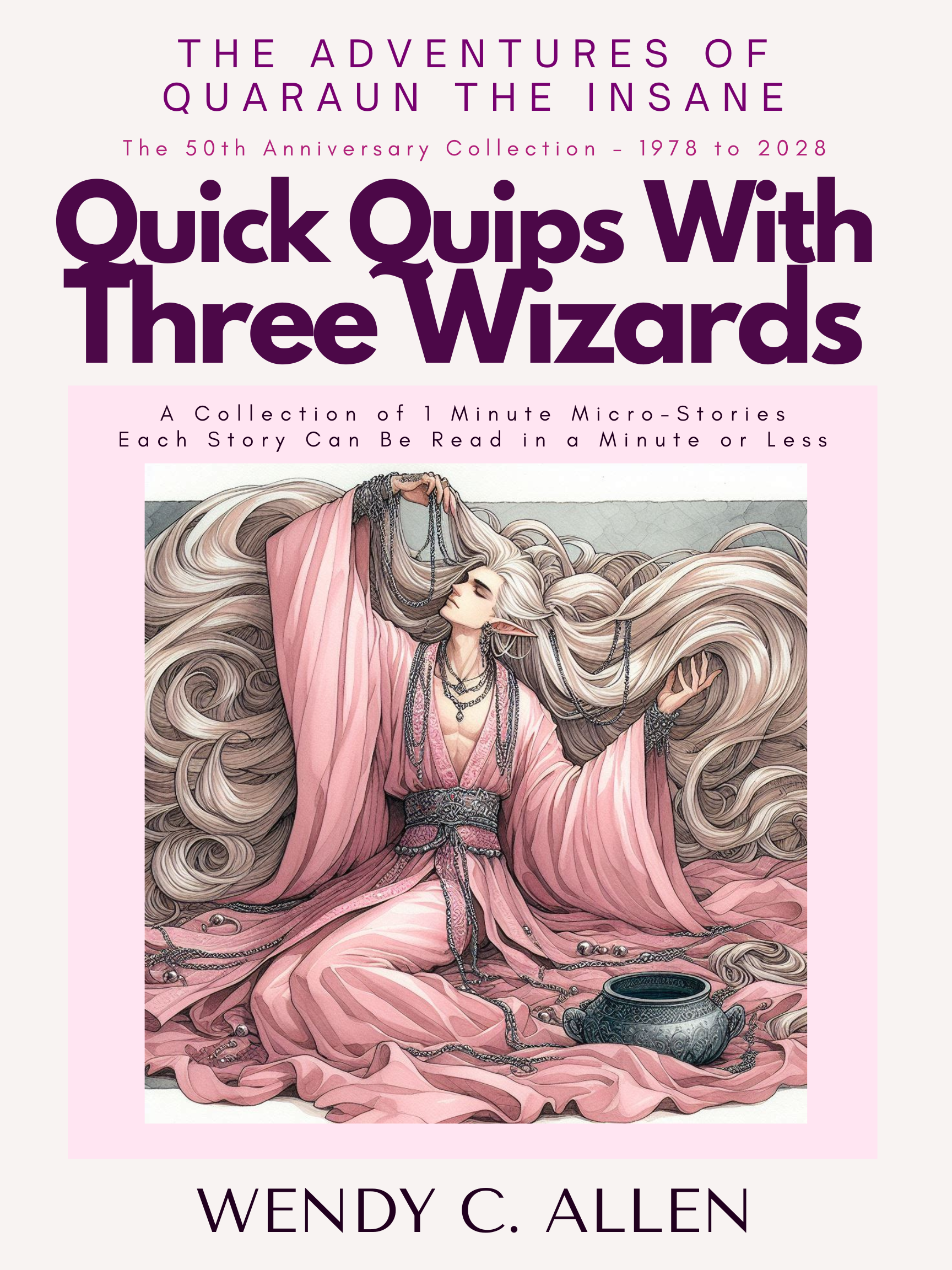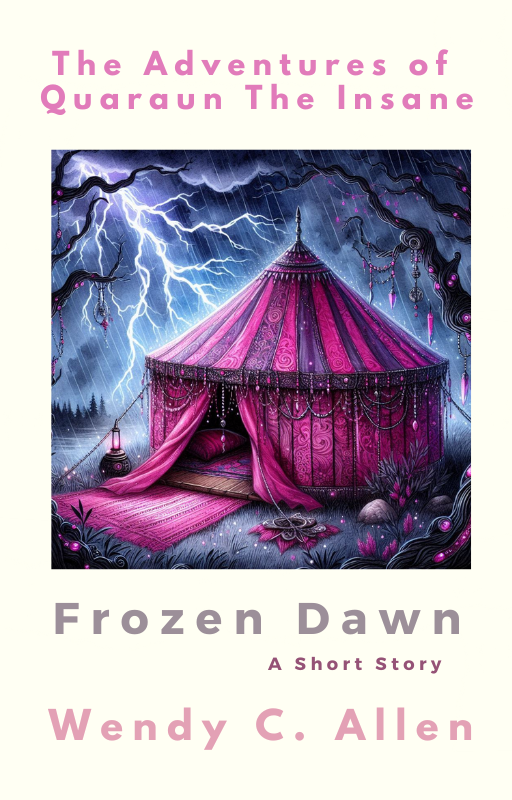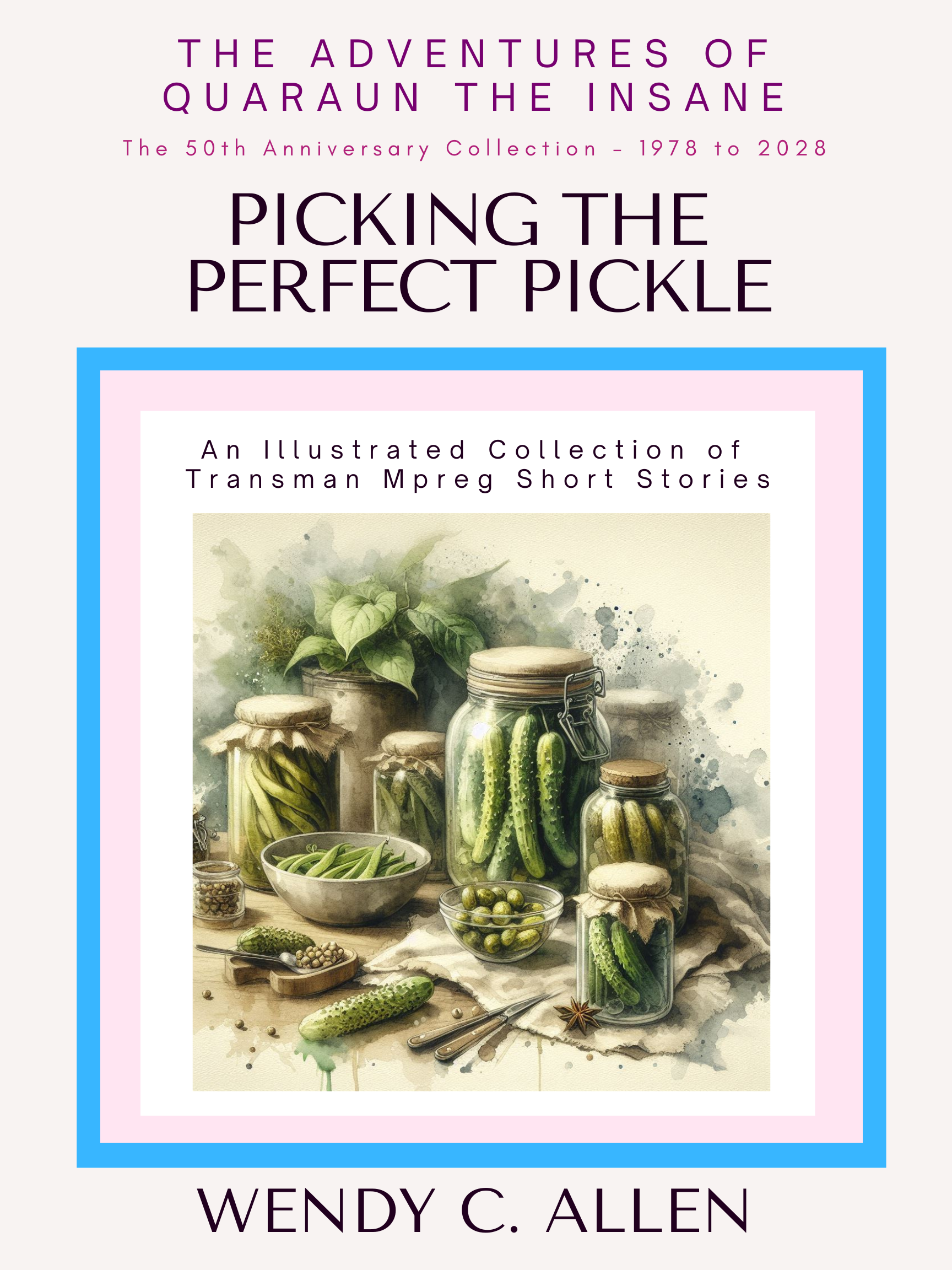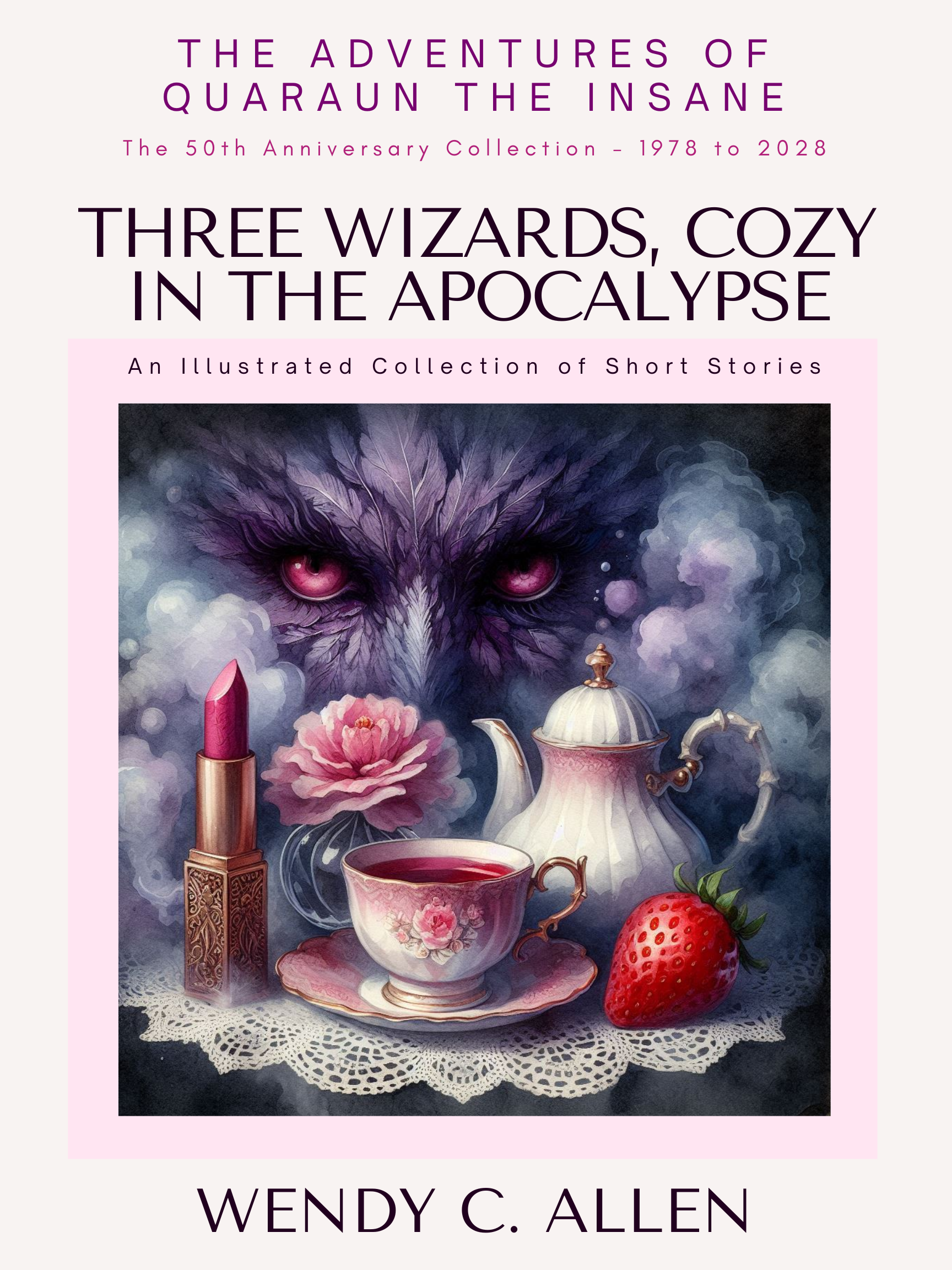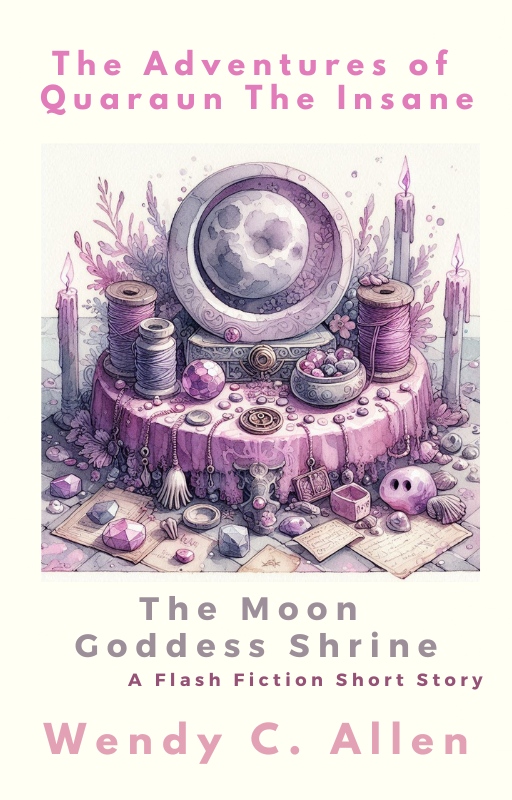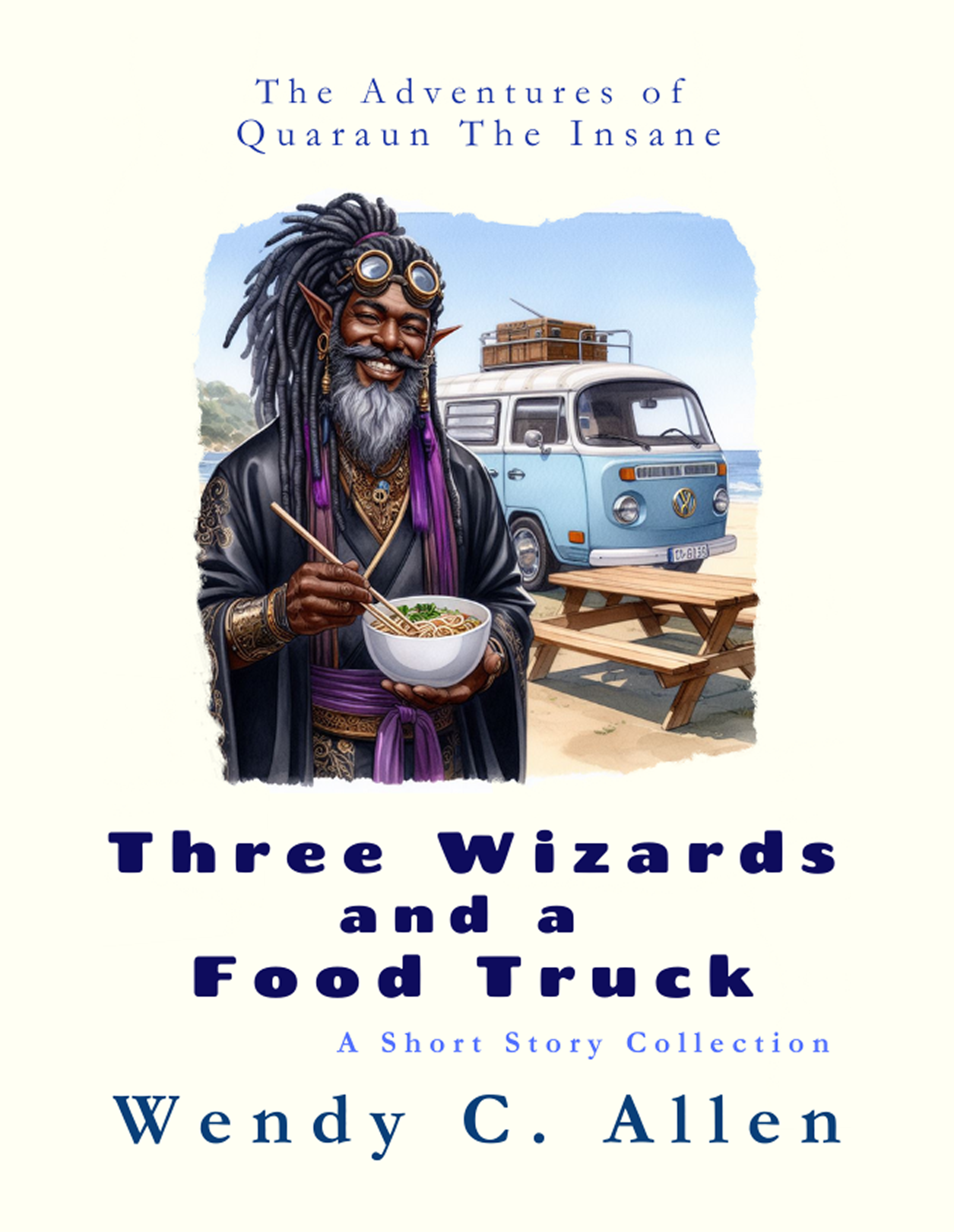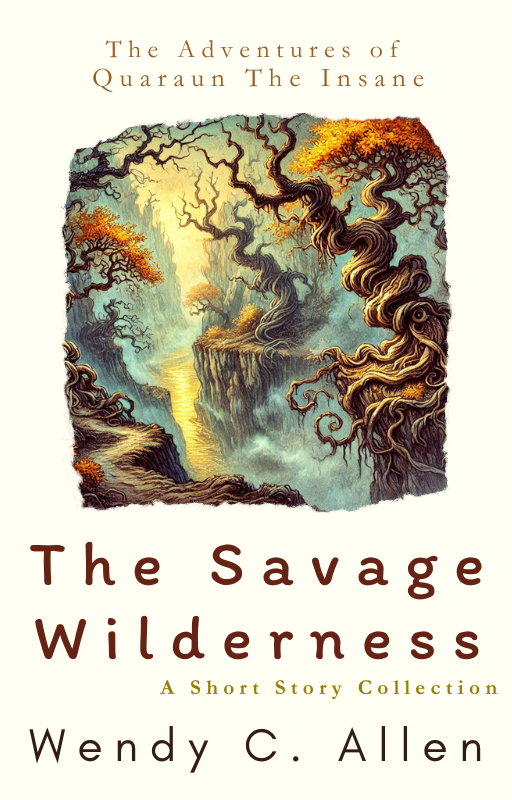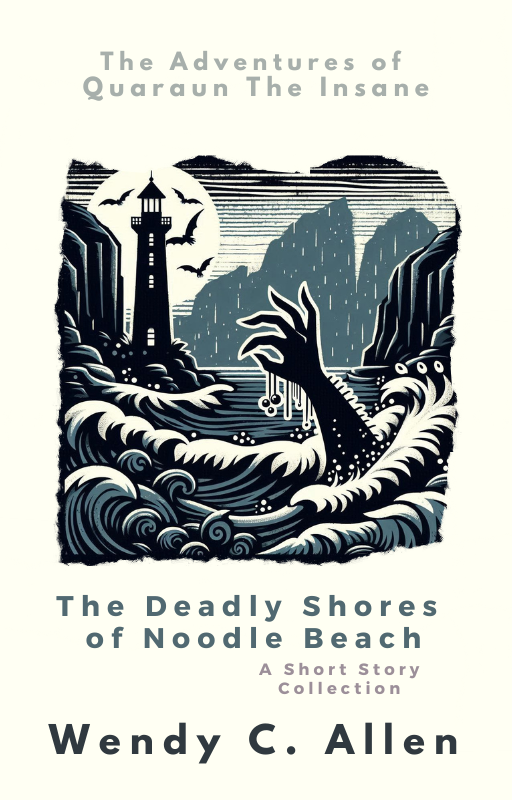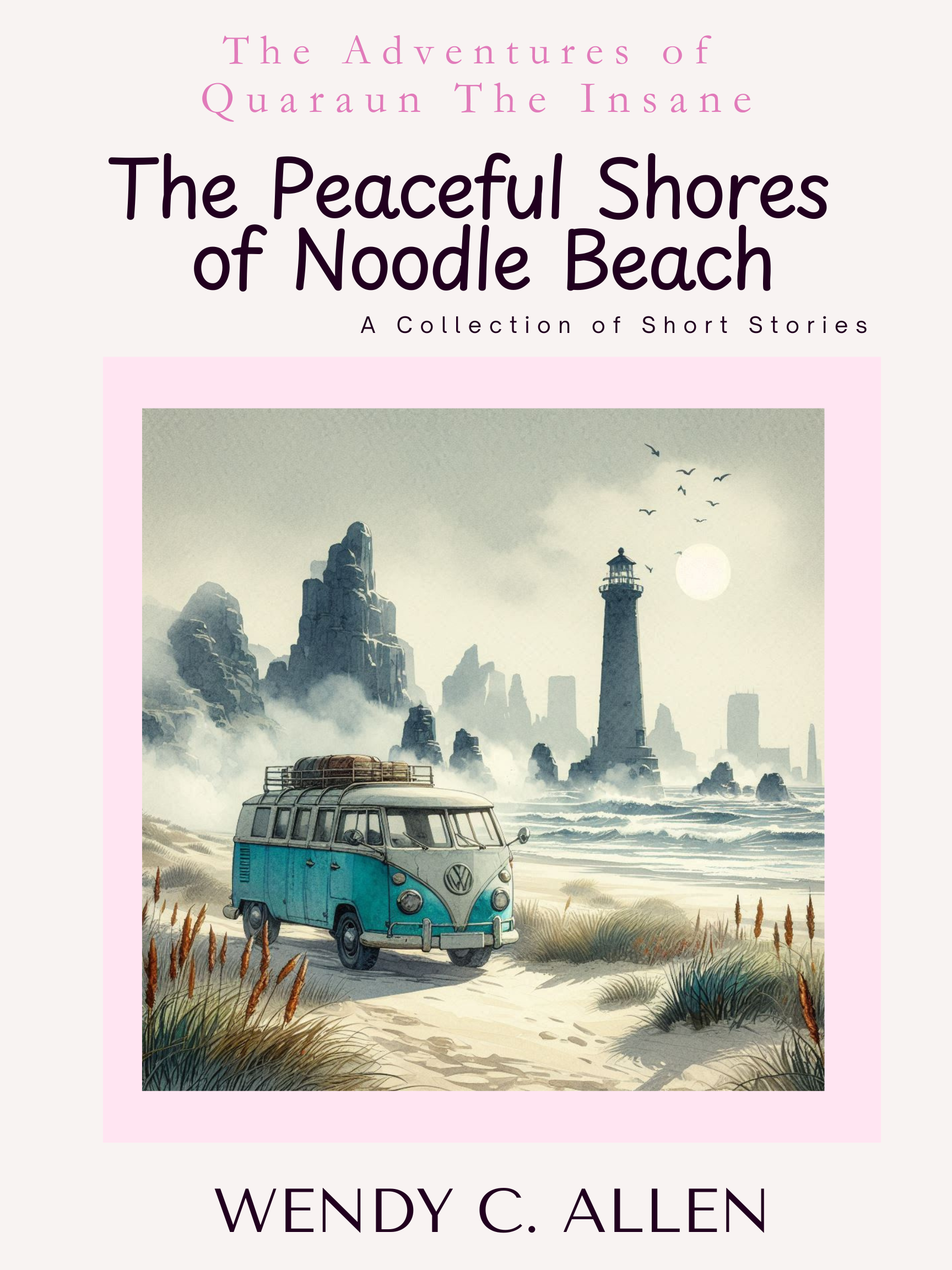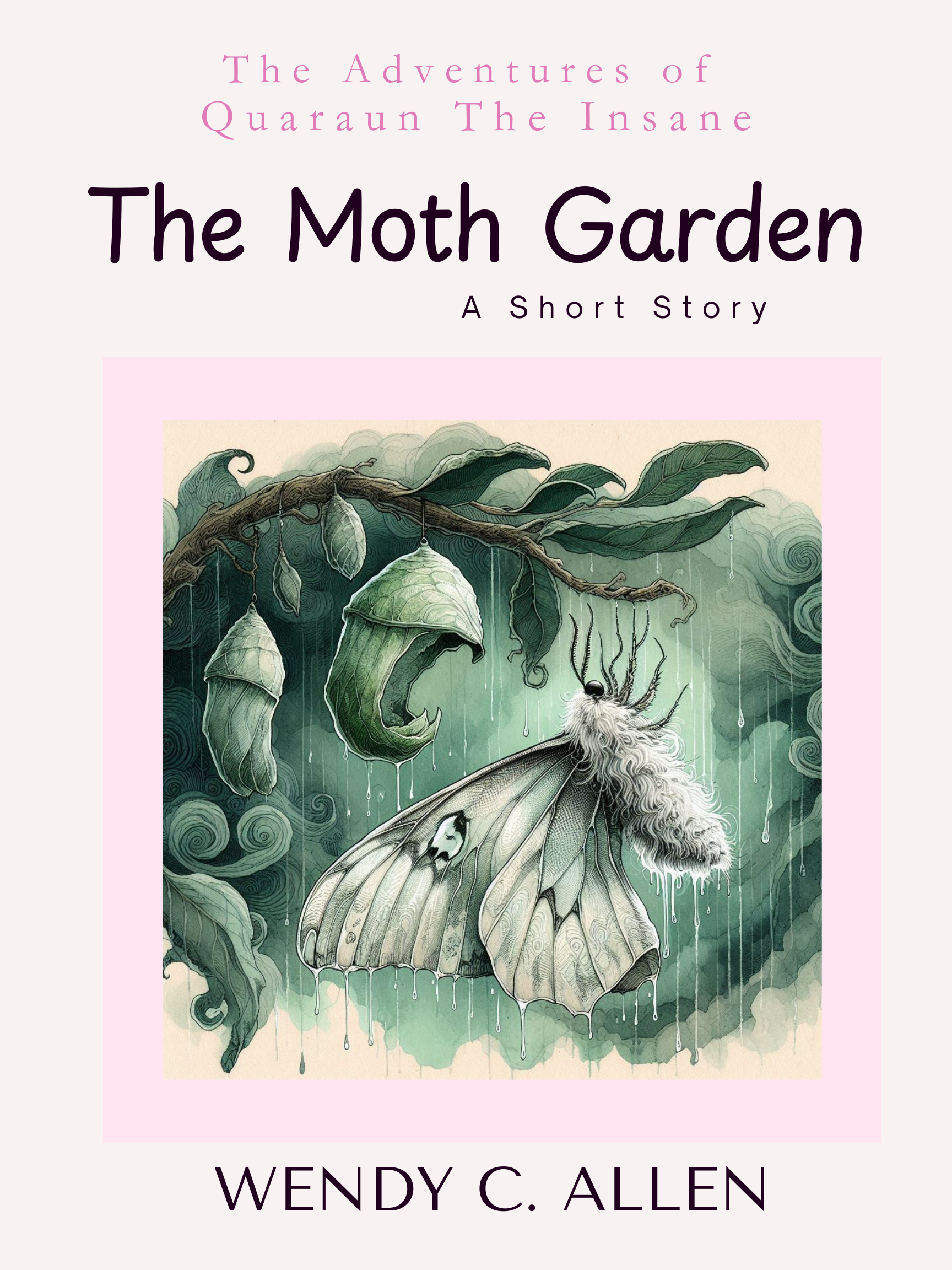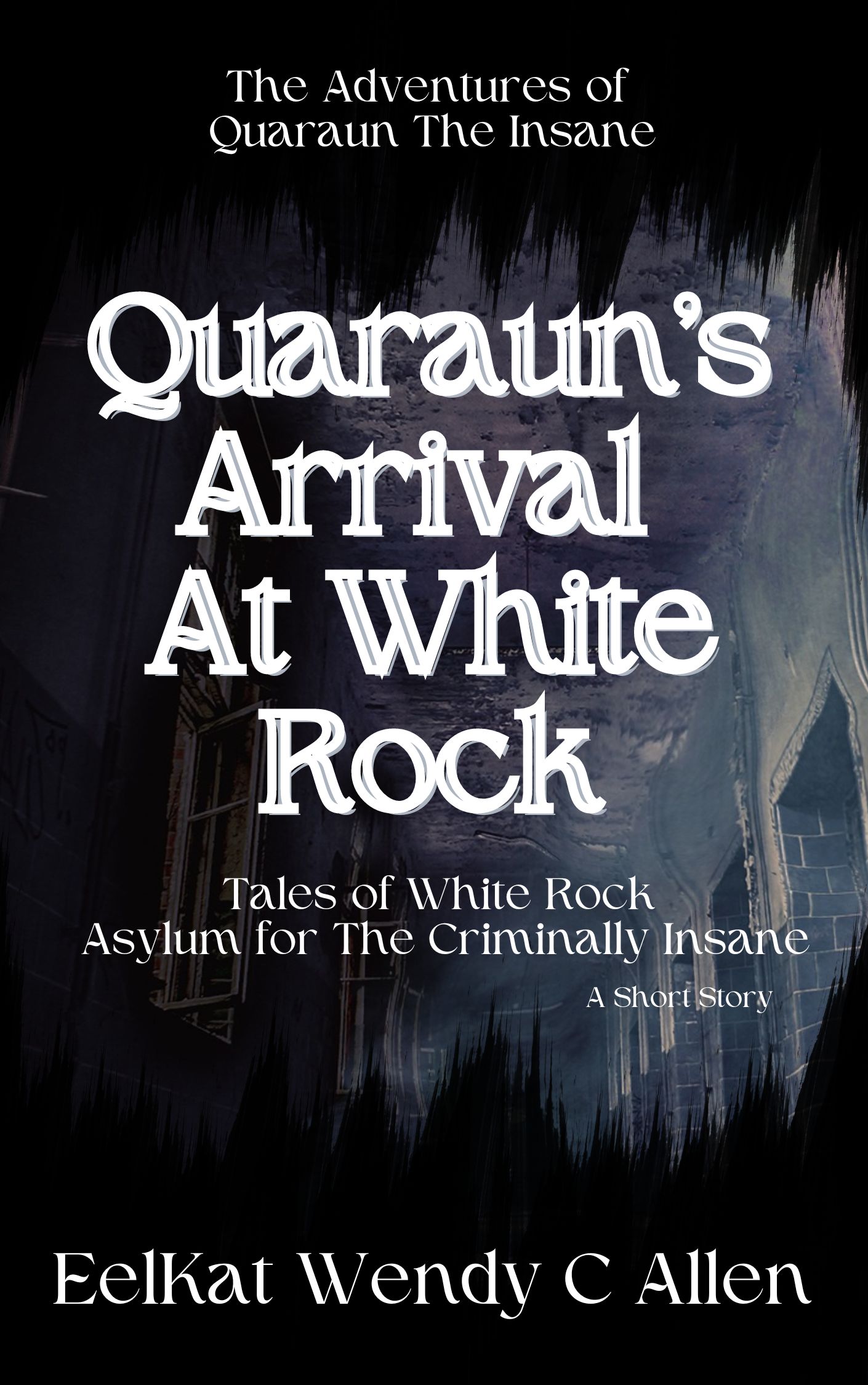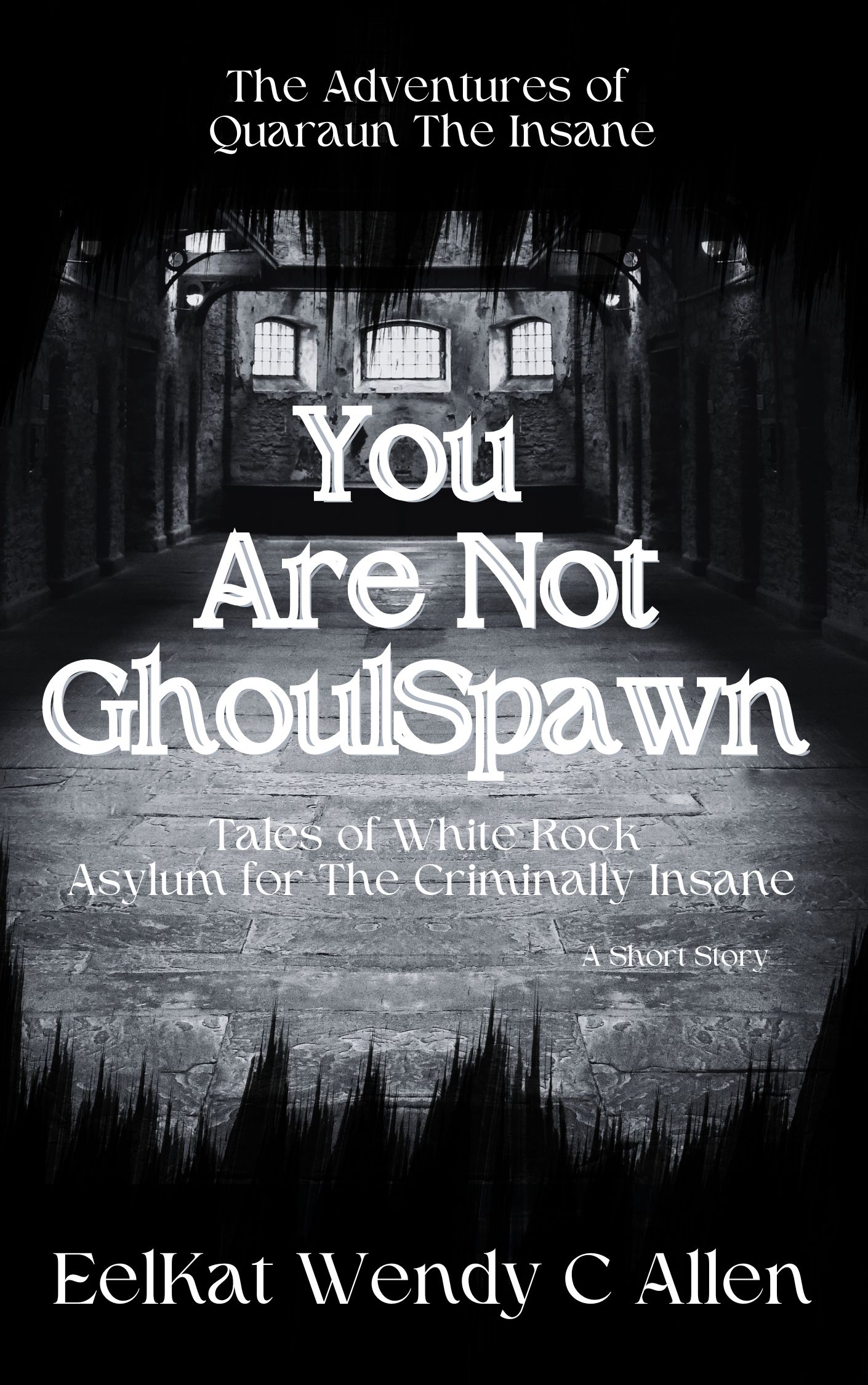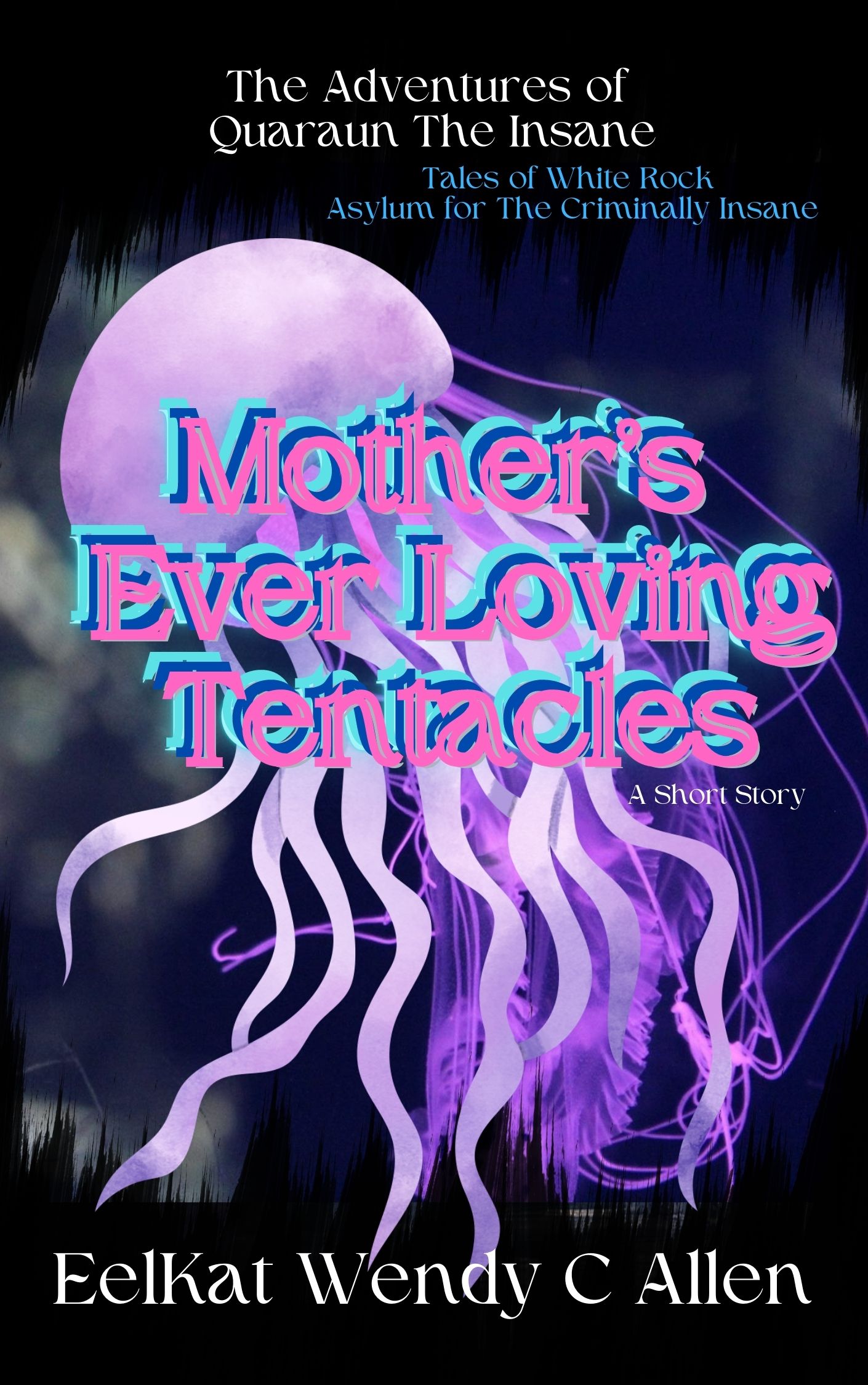Counting Down to the 2028 50th Anniversary of my first published book (September 23, 1978)
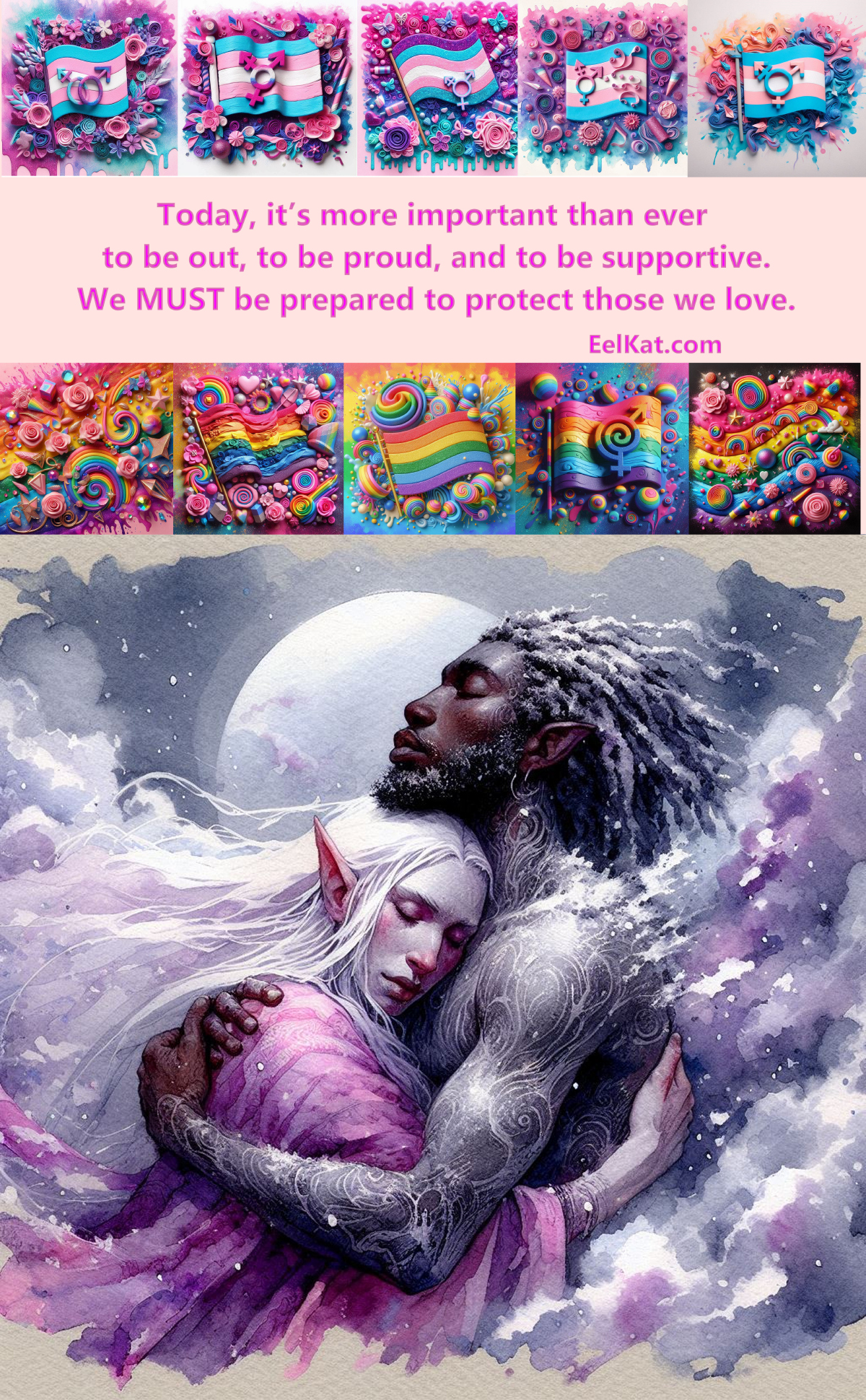 Transman Quaraun (The Pink Necromancer) and his husband King Gwallmaic (aka BoomFuzzy the Unicorn) King of The UnSeelie Court. Main characters of The Adventures of The Pink Necromancer series. Transman Quaraun (The Pink Necromancer) and his husband King Gwallmaic (aka BoomFuzzy the Unicorn) King of The UnSeelie Court. Main characters of The Adventures of The Pink Necromancer series.
|
This website is a safe zone for LGBTQAI+, pagans, polys, trans, neurodivergent, disabled, mobile aid user, minority, cosplayers, otherkin, furries, & BIOPIC communities.
If you are a hater, you can go fuck yourself.
Happy 2026!
It is our 30th anniversary here at Space Dock 13!
On the web since 1996!
You have encountered an extremely old website that continues to exist in old web ways, the same way it has done for now three decades.
In spite of being now 30 years old this year, started in 1996, it is still heavily active and old pages updated daily, new pages added daily, still now in 2026. All hand written, all hand coded (no AI), all by me, same as it ever was.
We Still Exist: The Old Web Did Not Go Away, You Just Forgot How To Find Us
|
This site was NOT designed for mobile devices (as they had not been invented yet when I created it) thus this site looks best on a computer, at 1280x768 or above. |
This is a very old website created in 1996, so, yes, javascript is needed for the site to work as it should. If things don't function, you may need to update javascript drivers on your device |
This site tries to be mobile friendly but it's been online since 1996, so old pages may not load right on mobile devices, and as this site has had pages added near daily for 30 years there are now over 20k pages here. |
Having started out in life as a GeoCities site, this site contains glitter, bright colours, blinkies, moving gifs, and other things the old web was known for. |
Hiding in the Shadows
Gypsies
The Side Effects of Racial and Cultural Prejudices
Hiding in the Shadows
The Side Effects of Racial and Cultural Prejudices
Wendy C. Allen
Southern Maine Community College
Psychology 100-08
Professor Andy Parker
April 18, 2012
A Reaction To: King, Laura A. (2011). Section 4 Intergroup Relations. “Us Versus Them”. “Stereotyping and Prejudice”. Chapter 13 Social Psychology. The science of psychology: an appreciative view (2nd ed.). (pp. 444-448). New York, NY: McGraw-Hill

Hiding in the Shadows
The Side Effects of Racial and Cultural Prejudices
In the time when freedom is claimed to be available to all, and racial persecution a thing of the past, one race in America still lives in mortal fear, terrified to set foot out their front doors, terrified to shop in supermarkets, terrified to send their children to school, terrified to settled down and stay in one place for more than a week at a time: The Scottish Gypsies and The Irish Travellers. They live each day dodging rocks and repairing the damages of last night’s vandalisms. Their children flee school yards with faces bloody and bones broken. They pray they still have a home to run to, but often find they were burned out - again. Those that can pass themselves off as ”white Americans” slip through the crowds unnoticed. They are a race still suffering from the abuses of a Salem Witch-trial Mentality and forced to live in the shadows just to stay alive.
Travellers in the UK have got it somewhat better. They have human rights activist groups petitioning for their rights. (Bennett, Simpson, Green, & Ranson.) The Traveller Education Service (TES) was set up in the UK to help Irish, Scottish, Welsh, and English Gypsy (collectively known as Traveller) races, gain access to education services. The Travellers are to Europe what the Native First Peoples are to America, they are the nomadic pre-Celtic indigenous clans native to the British Isles. Many Traveller clans still live by “the old ways”, speaking native languages, wearing native dress, obeying clan laws instead of government laws, and living off the land. They keep to themselves and few have contact with the rest of society, resulting in most having no education. The job of the TES is to seek out members of this elusive, secluded, and highly secretive race and attempt to build a bridge between their self contained isolated world and the rest of society. Agents of the TES commonly seek out and interview with Traveller parents in attempt to understand why they refuse to allow their children to attend schools.
During their interviews, TES agents discovered an overall fear of non-gypsy races. To understand this fear, one must understand the lifestyle of the Gypsy culture. Travellers live by strict moral codes.(Lane, Spencer, & McCready. 2012) For example sex outside of marriage is strictly forbidden; children are considered adults at age 12 and will go out on their own, get jobs, and marry at this young age; many extended generations live together resulting in huge families, with as many as 700 people in a single group, all living together in one camp, each living in their own tent, wagon, motorhome, or trailer; each family group is lead by a tribal chief or clan leader, often referred to as a King or Patriarch; men are “breadwinners” and earn all the income, while women are “homemakers” rarely allowed to set foot in public, and careers strictly forbidden to them; because the women raise the children and the men work with their hands at craft trades or farming, they often see no need for such things as learning to read, write, or do math-things which they never use in their daily live. The few children who do attend school are rarely allowed to take courses in mathematics and science, both seen as taboo and anti-religious. The Travelers are highly religious, part Christian, part Pagan, they take portable shrines to Jesus and The Little People with them and devoutly seek the services of their clan’s Holy Woman, or Hedgewalker (one who walks the hedge between the physical plane and the spirit world), the common term, Gypsy Fortune Teller, is derogatory slang commonly used by outsiders.
The Hedgewitch is one of the most glamorized, yet least understood traditions, of the Scottish Traveller Clans. Each clan has a Holy Woman, who is able to communicate with the "Little People" (Faeries, Goblins, Leprechauns, etc). Often she is the only clan-member non-Gypsies will ever encounter, due to her setting up a shop in town to read cards, tell fortunes, heal the sick, cast out demons, and make amulets to protect homes from evil spirits. This sacred tradition is passed down from grandmother to granddaughter and the secrets of the craft closely guarded, with no one else in the clan knowing how she does what she does. The clan’s Hedgewalker is considered to be the messenger between the gods and the mortals; she would be picked for training at the early age of 3 or 4, based on her natural ability to see the Little People. As an ordained minister, counsellor, advisor, exorcist, spellcaster, card reader, and officiant of weddings and funerals, she would be one of the few clan members knowing how to read and write, a result of a strict education in a Bible Seminaries, but not in a public schools. Emphasis of her education lay in Bible Studies and Christian Theology, again as with the rest of the clan’s children, her education is also often devoid of mathematics and sciences. The Scottish Gypsies are more secretive and traditional than the Irish Travellers. Like the Amish, Scottish Gypsies live in communities far separated from society, holding on the oldest customs and rarely seen by the rest of the world.
Gypsy traditions, customs, and way of dress are considered mysterious, outlandish, outdated, and extreme to most of non-Gypsy society, resulting in myths, rumors, prejudices, violence, and bigotry rising up against the Traveller race, which in turn results in their fears of and isolation from society in general and schools in particular. While Scottish Travellers tend to hold on to the tradition of the old ways, many Irish Travellers have given up the old ways and customs in attempt to blend into “white” society, as a means of survival. Their theory being, if they don’t know you are a Gypsy, they won’t treat you like one.
The Traveller parents, interviewed by TES agents in 2010 (Myers, McGhee, & Bhopal. 2010), told of hate crimes, being bullied, and an overall fear for the safety of their children, after the schoolyard murder of one 14 year old boy was tossed out courts by a judge saying no trail was needed because “he was only a gypo”. Those who had sent their children to school, quickly removed them after violent incidents. Many Traveller parents having no education themselves, felt that the only education needed was to learn to read and write, and sent their children to school only during elementary grades, removing them well before they had any chance for high school learning. Parents also feared their children being negatively influenced by the promiscuity of the non-gypsy races, expressing great fears of sex education, white-teen drug use, media corruption of white races (Travellers rarely have televisions or radios for this reason), and crimes in school. They also felt contempt for what they called “the immoral” attitudes taught in school which promoted women not staying home to raise children, as well as the lack of being taught valuable topics, such as shoeing horses or wood carving. Many Travellers interviewed, said they would willingly send their children for English classes, but refused to allow the learning of other topics if those topics not proven relevant to their family trade. For example they refused to allow their children to attend a general math or science class, but would welcome a farm biology class which would help them in their work with horses, dogs, and sheep. They also expressed desire for a business management class to help with running a traveling carnival business. Most concerns expressed to the TES agents, focused on the lack of relevance of the curriculum, cultural erosion, and the general safety of their children. The TES’ conclusion was a need to curtail racial bullying against Gypsy children, to make it safer for Travellers to attend school, and to create a curriculum relevant to a nomadic race which lives off the land and works closely with nature, crafts, traveling shows, fairgrounds, and animals. The TES set out to create such a curriculum.(Bennett, Simpson, Green, & Ranson.) (NATT.)
In the UK the Traveller communities are much more in the public eye. In the USA their race is largely uncounted by USA census, many families having no income, are also uncounted by the IRS, and others having no SSN gets them uncounted by the government on any level at all. There are several large Traveller Gypsy communities across the USA, but they slip through the cracks ignored and unnoticed, publicly seen only at amusement parks, fairgrounds, and festivals setting up the rides and selling their wares, than as quickly as they come, they a gone, not to be thought of again until next year’s festival comes around. Out of sight, out of mind, no one asks where they came from or where they are going, no one asks where they live, no one welcomes them as friends or equals, no one asks if they have access to health care or education, they exist like ghosts drifting in the sidelines, a minority race largely ignored.
There is very little accurate information about Traveller Gypsies available. In the USA most who know of “the gypsies” know nothing but false myths, rumors, and hugely inaccurate urban legends. When mentioned in conversation or in the media, people speak of “the gypsies” as though we are mythological creatures of fantasy. On the USA Census, they are not even listed as a race, they are not Caucasian, not Asian, not Native American, not African American, not Hispanic, not Latino. We are not listed on polls or surveys or IRS forms or college admissions papers. Our race walks, unseen, unheard, unthought of, stereotyped, ignored, invisible, like they don’t even exist. UK case law has now recognized ‘Gypsy’, ‘Romany/Romani’, ‘Irish Travellers’ and ‘Scottish Travellers’ as ethnic minority groups protected against racism and discrimination under the Race Relations Act 1976. America has no such law. In America, Gypsy parents often send their children to school, only to be told by school officials “their kind” is not welcomed, an explanation they also receive from hospitals and doctors who routinely refuse to give medical treatment to Scottish Gypsies and Irish Travellers. Often denied the right to have immunization shots, American Gypsies often find their children barred from school on those grounds. American discrimination and violent hate crime against Gypsies is the same today as the violent hate crimes were for Black Americans in the 1950s. The racial stereotyping can not end without access to better education. There can not exist access to better education, until there is the awareness that there exists in America, an entire race of people who have little to no access to not only the education system, but also health care and basic civil rights.
- References:
King, Laura A. (2011). Section 4 Intergroup Relations. “Us Versus Them”. “Stereotyping and Prejudice”. Chapter 13 Social Psychology. The science of psychology: an appreciative view (2nd ed.). (pp. 444-448). New York, NY: McGraw-Hill
- Nauert PhD, R. (2011). Cultural Bias for Racism. Psych Central. Retrieved on April 18, 2012, from http://psychcentral.com/news/2011/10/03/cultural-bias-for-racism/29997.html
- Lane, Pauline. Spencer, Siobhan. McCready, Muzelley. “Perspectives on Ageing in Gypsy Families” Joseph Rowntree Foundation (January 2012) Print.
- Web ed: http://www.jrf.org.uk/sites/files/jrf/ageing-in-gypsy-families-summary.pdf Retrieved on April 18, 2012
- Myers, Martin. McGhee, Derek. Bhopal, Kalwant. “At The Crossroads: Gypsy and Traveller Parents’ Perceptions of Education, Protection and Social Change” Race Ethnicity and Education 13:4 (2010) 533-548. Print. Web ed: http://www.tandfonline.com/doi/pdf/10.1080/13613324.2010.492138 Retrieved on April 18, 2012
- Bennett, Lizz. Simpson, Marie. Green, Sue. Ranson, Fiona. “Out of Sight” Give Racism the Red Card Print. Web ed: http://www.article12.org/pdf/Out_of_Site.pdf Retrieved on April 18, 2012
- Nauert PhD, R. (2011). Prejudice May Stem From Low Self-Esteem. Psych Central. Retrieved on April 18, 2012, from http://psychcentral.com/news/2011/02/24/prejudice-may-stem-from-low-self-esteem/23839.html
- Nauert PhD, R. (2006). Is Prejudice “Hard-Wired”?. Psych Central. Retrieved on April 18, 2012, from http://psychcentral.com/news/2006/06/30/is-prejudice-hard-wired-in-our-brain/59.html
- The National Association of Teachers of Travellers + Other Professionals. Retrieved on April 18, 2012: http://www.natt.org.uk/
- Nauert PhD, R. (2010). Long-term Effects of Stereotyping. Psych Central. Retrieved on April 18, 2012, from http://psychcentral.com/news/2010/08/11/long-term-effects-of-stereotyping/16675.html
This page was written by Wendy Christine Allen of 146 Portland Ave, Old Orchard Beach, Maine.
All Rights Reserved.
While there are around 20k pages on this website, most of them are blocked from search engines, with only around 800 of them available for appearing in Google/Bing/etc search results. The remainder can only be accessed via the various links found throughout this site. This was done deliberately on my part, and I did it because the bulk of the pages on this website are chapters from 138 novels and 423 novellas, so only the first page of each novel and novella indexed by search engines, and the remainder are linked in order, one page at a time, via clicking "next page" at the end of each. So if you are looking for a specific page from a specific novel, Google can't help you.
|
Thank you for stopping by and have a nice day! ꧁✨🌸🔮🦄🔮🌸✨꧂ And if it’s your birthday today: ִֶָ𓂃 ࣪˖ ִֶָ🐇་༘࿐꧁ᴴᵃᵖᵖʸ☆ᵇⁱʳᵗʰᵈᵃʸ꧂🤍🎀🧸🌷🍭 |
 |
Get an email whenever Wendy Christine Allen 🌸💖🦄 aka EelKat 🧿💛🔮👻 publishes on Medium.
I also write on these locations: | Amazon | Blogger | GumRoad | Medium | Notd | OnlyFans | Tumblr | Vocal |
Important:
Fraudulent sites are impersonating Wendy Christine Allen.
- The ONLY official website for Wendy Christine Allen is www.eelkat.com
Fraudulent social media accounts, particularly on Reddit and FaceBook are impersonating Wendy Christine Allen.
- The ONLY official social media accounts for Wendy Christine Allen are listed in the footer here at www.eelkat.com
Find Me on Social Media:
- Amazon: Author Central
- Amazon: Quaraun Series Index
- Blogger
- CafePress
- DeviantArt
- FaceBook (Profile)
- FictionPress
- Gravatar
- GumRoad
- Lemon8
- Medium
- Notd
- OnlyFans
- PayPal
- Reddit 1 (Primary)
- Reddit 2 (Alt; Archived)
- SpoonFlower
- TikTok
- Tumblr
- Twitch
- Twitter (X)
- Vocal
- WordPress
- YouTube
- YouTube Shorts
- Zazzle: My Art
- Zazzle: Quaraun Merch
Any websites and accounts you find online that are NOT on this list are NOT Wendy Christine Allen

